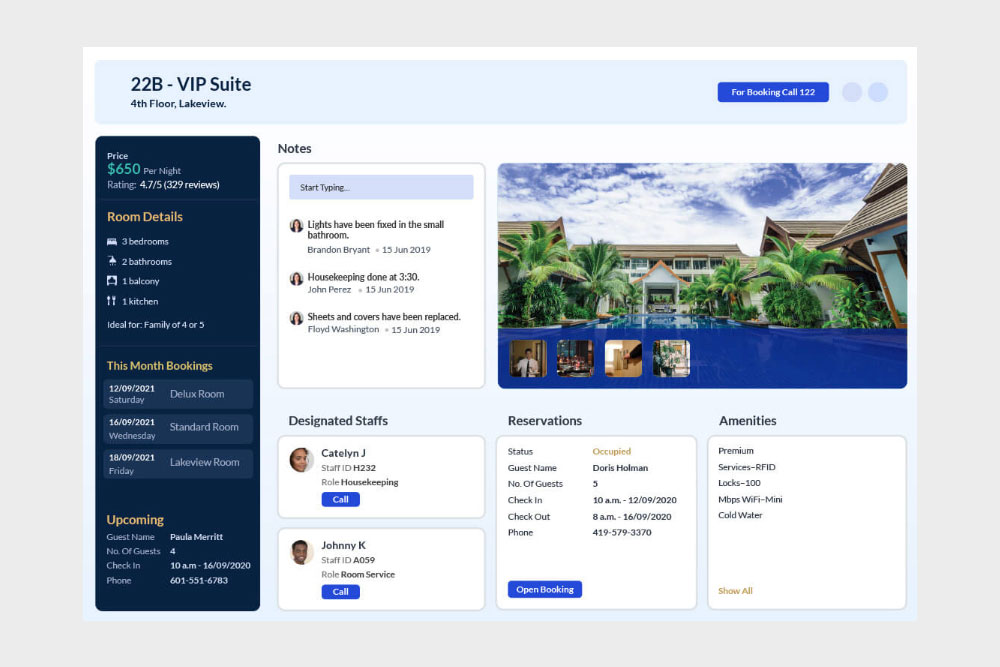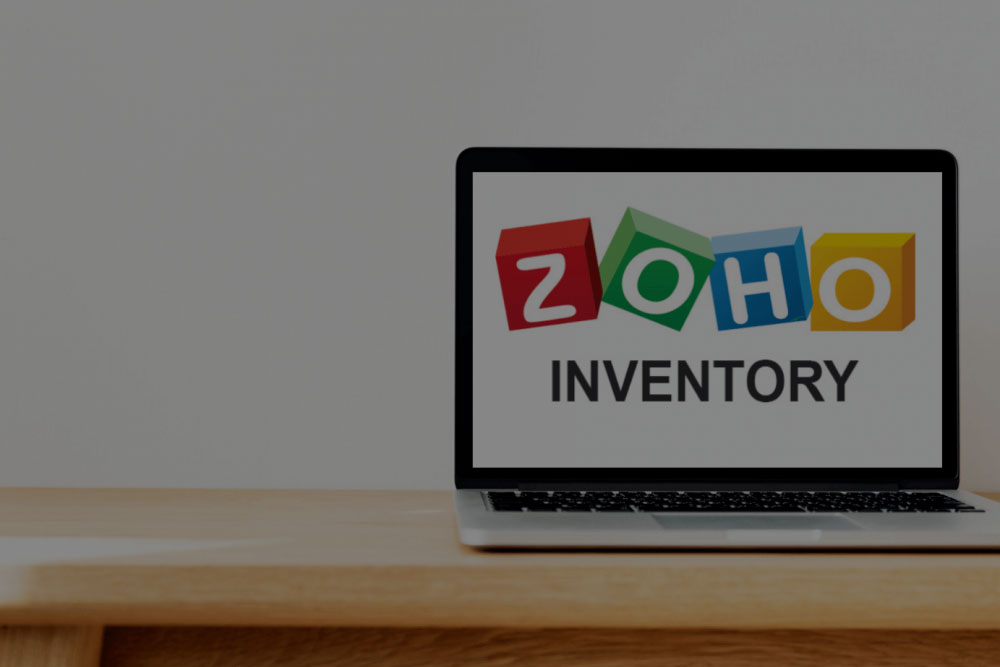For every company, it is essential to find an efficient way to satisfy former customers and to attract new ones. This task is facilitated by the use of a CRM. Being aware of the specificities and needs of each business sector, the editors of such tools have adapted their solutions. Tourism operators such as hotels and travel agencies thus have access to efficient tools to better manage their customer interactions.
What is a CRM?
A CRM or Customer Relationship Management tool allows you to improve the relationship with your customers and prospects, but also with your partners. By improving communication with your various contacts, you increase your chances of generating and converting leads, but also of retaining former customers. In the tourism industry, customer satisfaction translates into increased bookings and therefore profits. CRM software collects customer and prospect information and stores it in a single database, helping to build a more effective marketing campaign.
CRM, what use in the tourism industry?
A tourism operator has every interest in turning to a CRM solution. This tool will allow him to, among other things:
To better track customer data
Centralization makes it easier to access and track data. Your employees have much faster access to the history and all information related to a customer. A single, automatically updated database ensures better coordination of your teams.
Increase customer satisfaction
Data collection allows you to better understand your customers, including their profile and expectations. By studying their behavior, it is also possible for you to set up a personalized and effective marketing campaign. You will be able to offer them products that meet their needs and thus increase your sales. These different actions will help you build customer loyalty, but also generate more leads.
To boost productivity
Automating tasks such as creating reports, scheduling appointments, and directing prospects to the sales department allows your teams to focus on more important tasks such as improving the customer experience. A CRM tool facilitates organization by defining tasks in order of priority. This software also exists in a mobile version that allows you to always access the data you need from anywhere, as long as you are connected to the internet.
Who are the actors involved?
From one software to another, the functionalities can vary. The editors have indeed developed different tools that can be adapted to the needs:
Travel agencies
A CRM tool is a considerable asset for the travel agent. It allows to better organize the communication operations, but also the sales. The software automates various tasks such as the management of travel books and the creation of customer files.
Cruisers
For cruise lines, the CRM solution is designed to facilitate collaboration between these travel professionals and their distributor partners and increase sales. Among the integrated functionalities is the sending of personalized newsletters to qualified customers.
Tour operators
The functionalities of a CRM for tour operators do not differ much from those for the cruise industry. It is above all a segmentation of the clientele and a targeting of the emails which will make it possible to put forward the offers of these operators of tourism.
Hotel establishments/h3>
CRM software in the hotel sector can include modules for calling back customers after their visit, accounting, tracking employee tasks, managing comments left on the establishment’s online platform. These target users include the receptionist and concierge. The data will allow them to understand and anticipate customer needs.
The main functions of a CRM used in tourism
A tourism CRM software is a real Swiss Army knife. It integrates different functionalities that allow :
Lead collection
The CRM manages and stores data from different channels such as the telephone, social networks or a website. It allows to determine the most appropriate channel to contact a potential customer. The information is used to qualify prospects. The most mature ones are taken in charge by the sales department to encourage them to buy.
Sending targeted content to prospects
To increase the chances of converting a prospect into a customer, a targeted marketing campaign is required. It consists of sending prospects and customers content that corresponds to their needs, at the right time. It will not be the same depending on the customer’s profile and position in the sales tunnel. For example, the CRM tool can automate the sending of an email to a customer who has requested a quote, one month before the start date of the offer to encourage him to buy. Another email can be sent a few months later.
Integration of other functionalities
A CRM software is certainly a rich tool, but to optimize its efficiency, it is interesting to combine its use with other software or to add other modules.
The creation of detailed reports
Automation is also about daily reporting. They are essential to determine the team’s performance, the strategy to adopt, define the points to be improved and help the managers to make decisions. Of course, a preliminary configuration is necessary to automate this process and save time for the teams.
Availability from a cell phone
Most of the time, publishers offer a mobile solution, in other words a tool hosted not on the servers of the tourism operator, but on the cloud. A SaaS software (for Software as a Service), can be opened and configured from any terminal as long as it is connected to the Internet.
Self-service portal functionality
A self-service portal is an online platform where customers can get answers to their problems. A CRM tool can integrate such a module and thus alleviate some of the work of the customer service department. The link to this site can be integrated on the homepage of the company’s website, for example.
How to measure the effectiveness of a CRM in tourism?
It is quite possible to ensure the effectiveness of a CRM solution. You can refer to certain indicators such as :
Retention rate
The retention rate reflects a company’s ability to retain customers over a specific period of time. If it is high, the products and services offered are up to customers’ expectations. If it is not, customers will tend to go to the competition. It will then be necessary to determine the points to be improved in order to remedy this by referring to the reports issued by the CRM tool.
The yield
It is often associated with the term management to designate a set of techniques to optimize revenues, especially in the tourism sector. In this field, where competition is fierce, it is important to stand out from the competition, especially through a well-developed pricing strategy. Yield management allows you to anticipate the needs of your customers by proposing offers that correspond to their expectations and at the best price to generate maximum revenue. This modulation translates, for example, into an increase in the price of a night’s stay in high season and a decrease in the price for a reservation made months in advance.
Sales generation
The increase in turnover is of course an infallible indicator to ensure that the implementation of a CRM solution is really profitable for your company.
The importance of integrating other systems
In the tourism sector, the use of this information system is essential to stand out from the competition and anticipate customer needs. But for optimal efficiency, it must be combined with other tools that are just as essential in the field. These include:
From the PMS
The PMS for Property Management System is the cornerstone of the management of an accommodation establishment. It allows you to manage reservations, allocate accommodations, monitor pricing, and also track arrivals, departures and cancellations. A CRM tool can therefore enrich its database with data provided by the PMS software.
From CRS
The Central Reservation System (CRS) gives you complete control over the entire reservation process, even omnichannel. Like the PSM, it can be connected to a CRM tool.
Conclusion
The CRM contributes to the development of the turnover of travel and hotel professionals. This tool has many features that allow it to adapt to different constraints, provided it is chosen carefully and well configured. To get the most out of this customer relationship management solution, the support of a professional is essential. At Gestion BSP, we specialize in the implementation of CRM tools, but also ERP and other business management software. We offer you a wide range of innovative solutions and support until the effective implementation of your software.




